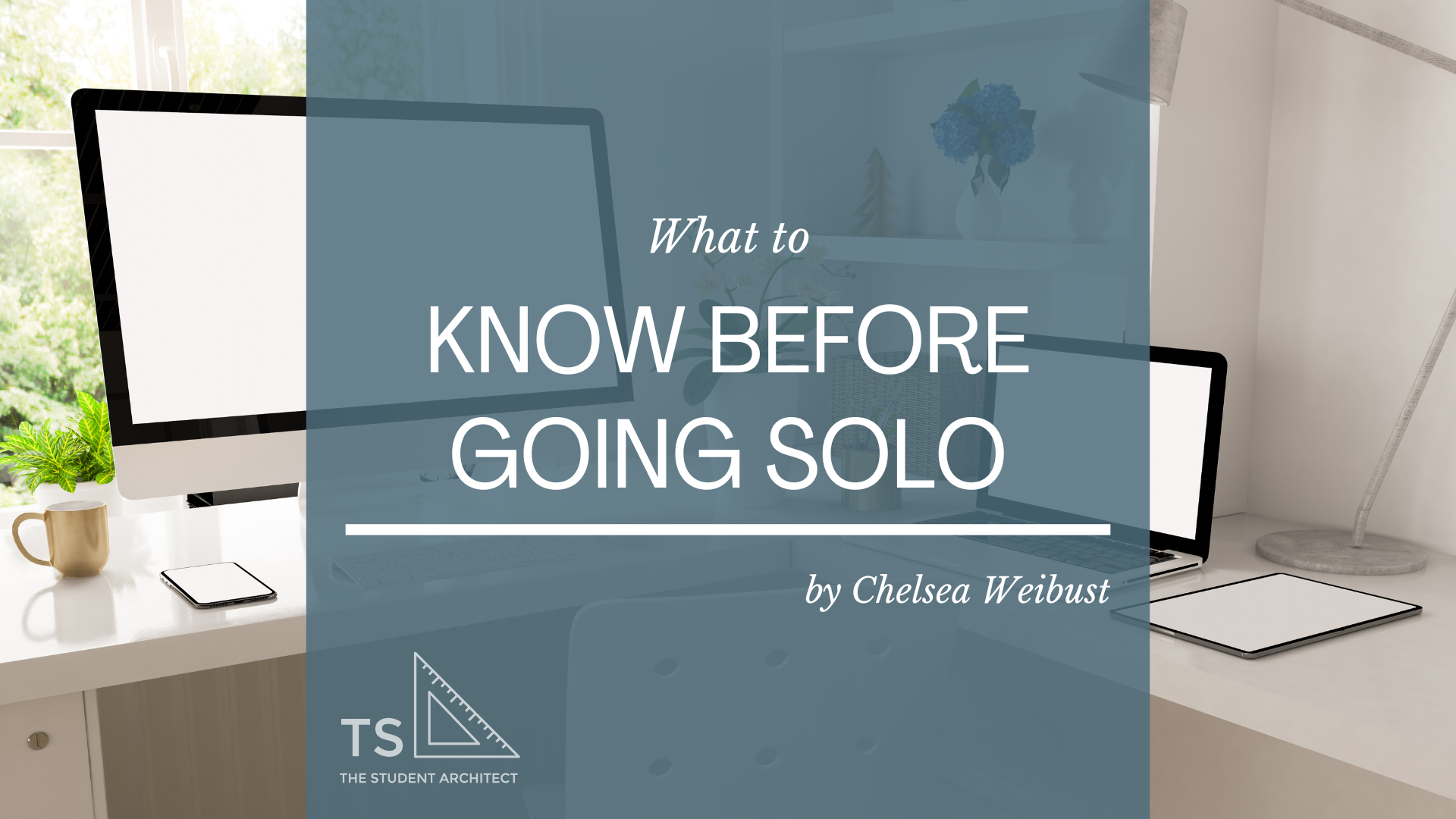I know more people than ever are working from home right now. For some, this is bound to be a more permanent change now that, through necessity, the work-from-home model has proven to be effective and saves money, among other things.
I've been working from home for over 4 years now, and I can remember how hard it was to get in a groove and work productively.
Here are my top tips to help you find your groove when working from home.
Photo by Debby Hudson
Develop a routine
The best thing I ever did for myself and my business was creating a schedule to map out every hour of my day. Before I did this, I found it hard to get motivated in the morning and wouldn't begin work until midday, and I found myself working until late at night.
Depending on your work situation, you may have boundaries set by your employer for regular work hours, making it easier for you to get into the swing of things. But for those without a set schedule, it will be harder to self-discipline without one.
I schedule everything from my morning workout to blocking out project hours, to mealtimes, to my afternoon walks. It used to feel monotonous to me to have a routine, and I would rebel against it, but now that I've created my own, I could never go back.
Tool: Google Calendar
Photo by Nathan Riley
Designate a space or room for work
If you happen to have a spare room that you can devote to office space, that would be the best scenario; however, I know that not everyone is that lucky. If you're not able to designate an entire room to your office, you should at the very least have a designated desk for your work area.
Want to hide away your workspace when you're not using it? Or need something to show in the background of your virtual meetings? Use folding room dividers! They can also help you mentally separate your work life from your home, which is essential when working from home.
Tools: My favorite home office tools, Work from home accessories and décor
Photo by devn
Set boundaries
Set boundaries with yourself (self-discipline), set boundaries with your family or those in your household, and set boundaries with your clients or employers.
Yourself
One of the biggest problems with working from home and having a tiny computer in our pockets at all times is it's hard to separate home life from work life. It can be hard to break the habit of checking your phone every few minutes.
One of the best things you can do for yourself is set standard work hours.
Let your mornings be peaceful and work-free by enjoying your breakfast and your morning routine, and challenge yourself not to check your email or other work-related things until you officially begin your workday. Do the same for your lunch break and when your scheduled workday comes to an end (see tip 1), and make sure you put your phone away or at least turn off email/work notifications.
Your Family / Housemates
It's important that your family/housemates understand that you need a quiet space during your scheduled work hours where you will not be disturbed. If you have small kids or pups that demand your attention, try to schedule breaks throughout your day to tend to their needs while ensuring you've scheduled out adequate time for work.
Your Clients / Employer
When the parameters around the "official workday" get blurred, it can be easy for clients and employers to take advantage of their employees. Little by little, work hours can creep into mornings, nights, and weekends and if you're not careful to set boundaries right away, it can be difficult to reset expectations, but you need to.
For emails and other messages, be polite and tell your clients/employers that you have received their message and will be able to respond or address the issue during your normal work hours.
For expectations that you are willing to work outside of your set work hours, again politely notify them that you will get as much work done as you can during normal work hours and will resume on your next workday.
Of course, you can always make exceptions for specific situations but be careful not to make a habit of it.
See also: How to Avoid All-Nighters
Photo by Jonathan Borba
Take breaks
Do you find yourself saying things like, "just one more minute", "I'm just going to look it over one more time," "I just need to fix one more thing before I forget" right as you're about to take a break? I have a habit of getting into work mode and forgetting to take breaks throughout the day. The way that I've managed to break this cycle is to actually schedule my breaks, workouts, and mealtimes on my calendar, and stick to them.
If there’s something I need to do and don’t want to forget, I’ll quickly make a list of those items so I don’t have to worry about forgetting and then I can give myself permission to take a much needed break.
Sometimes it's nice to take an impromptu 5-minute stretching break, take the dogs for a quick walk up the street, or grab lunch with a friend. Breaks are so important to help split up your day, help you manage your time better, and give you something to look forward to as your working.
Photo by Jannis Brandt
Eat well
Now that you're working from home, you can access anything you could ever want to eat. Unfortunately, this could also be a detriment to those who like to snack throughout the day, so it may be a good idea to leave the snacks at the store so you won't be tempted in the first place.
When I first started working from home, I was so excited about all the meal options and couldn't wait to have home-cooked lunches. The problems I ran into, though, were 1. I often got overwhelmed by the number of possibilities and wasted a lot of time figuring out what to make, and 2. Once I decided what to make, I would spend a lot of time cooking, so my workday extended later into the evening than I wanted.
To help resolve these issues, I highly recommend meal prepping on Sundays (or whenever you can) and making large batches of food, so you have leftovers throughout the week. I also recommend planning out your meals for the week on a calendar or spreadsheet. That way, you don't have to waste time trying to figure out what you're going to eat. You can also go grocery shopping beforehand to make sure you have all of the ingredients you'll need for all of your meals, and you can proactively reduce your decision fatigue by giving yourself one less thing to worry about.
See also: Work From Home Tools
Photo by Bonnie Kittle
Don't forget to interact with people
As an introvert, I LOVE working from home for more reasons than I can count. While I don't miss the daily dreaded small talk with coworkers I didn’t have much in common with, wondering who ate my sandwich out of the communal fridge (cue Ross: "You, you, you ate MY SANDWICH!?"), or other unfortunate consequences that naturally come with working in an office, I do miss the more favorable human interactions.
Credit: nerdist.com
Find ways to get outside or places where you can work around other people. Maybe working in a co-working space a few days a week could be nice, or maybe you can work a few hours a week at a cafe, or meet a friend for lunch. Working in seclusion can get pretty lonely even for an introvert, so it's extremely important to maintain human connections. If you can’t make it work during the work day, make sure you find time to go on a morning walk with a friend, meet up after work, or make plans for the weekend so you don’t become isolated from society.
Photo by Reign Abarintos
Go easy on yourself
Frustrated that you can't quite get into a work groove yet or that you've started to develop some bad working habits?
I get it; it can be frustrating! But you also have to remember that you'll likely need to go through an adjustment period and may need to try out different things to find out what helps make you most productive so you can maintain a healthy work-life balance.
Sometimes I'm very disciplined, manage my time well, and make good decisions. Other times though, I go through phases where I'm lacking in one area or another, and that's okay!
The important thing is to be mindful of your habits and actions, pay attention to what's working and what's not, and actively make changes so you can do better.
If it's tough at first, just know that you're not alone in this struggle and that there are lots of tools and practices that can help you. Just take it one step at a time.
Happy working!
♥ Chelsea
























If project inquiries have dropped off, timelines are getting pushed, or clients are suddenly tightening their budgets—you’re not alone. Economic instability has a ripple effect across the architecture world (and every other industry). But while things might be slower on the surface, this season can still be an opportunity to recalibrate, rethink, and rebuild stronger.